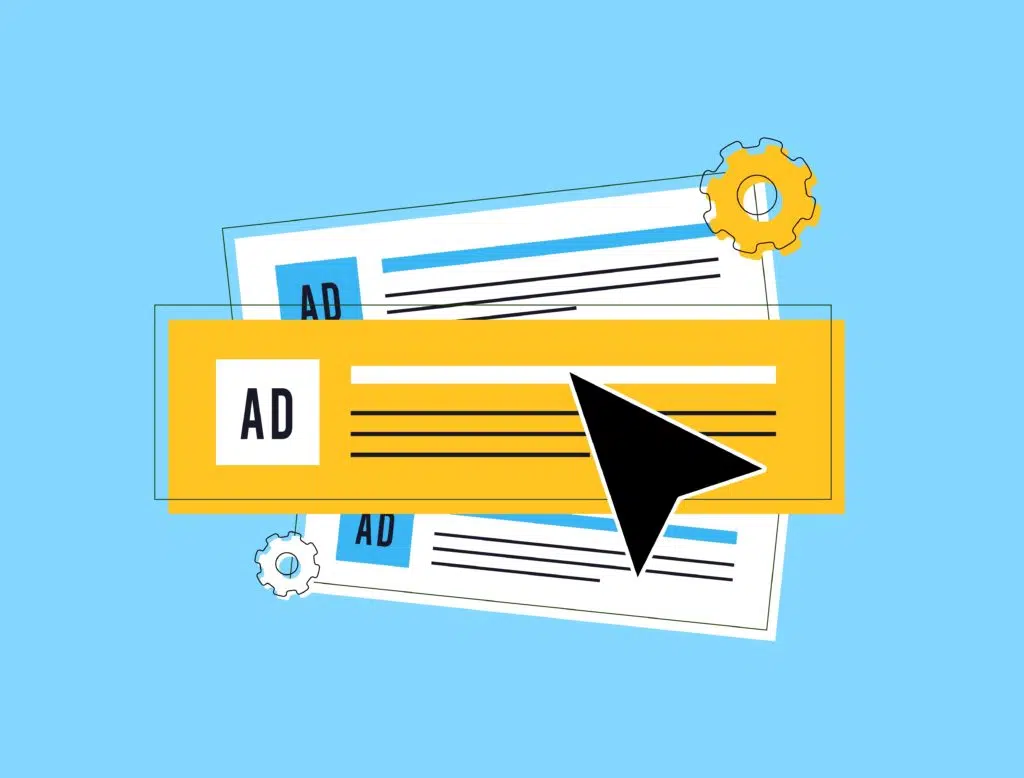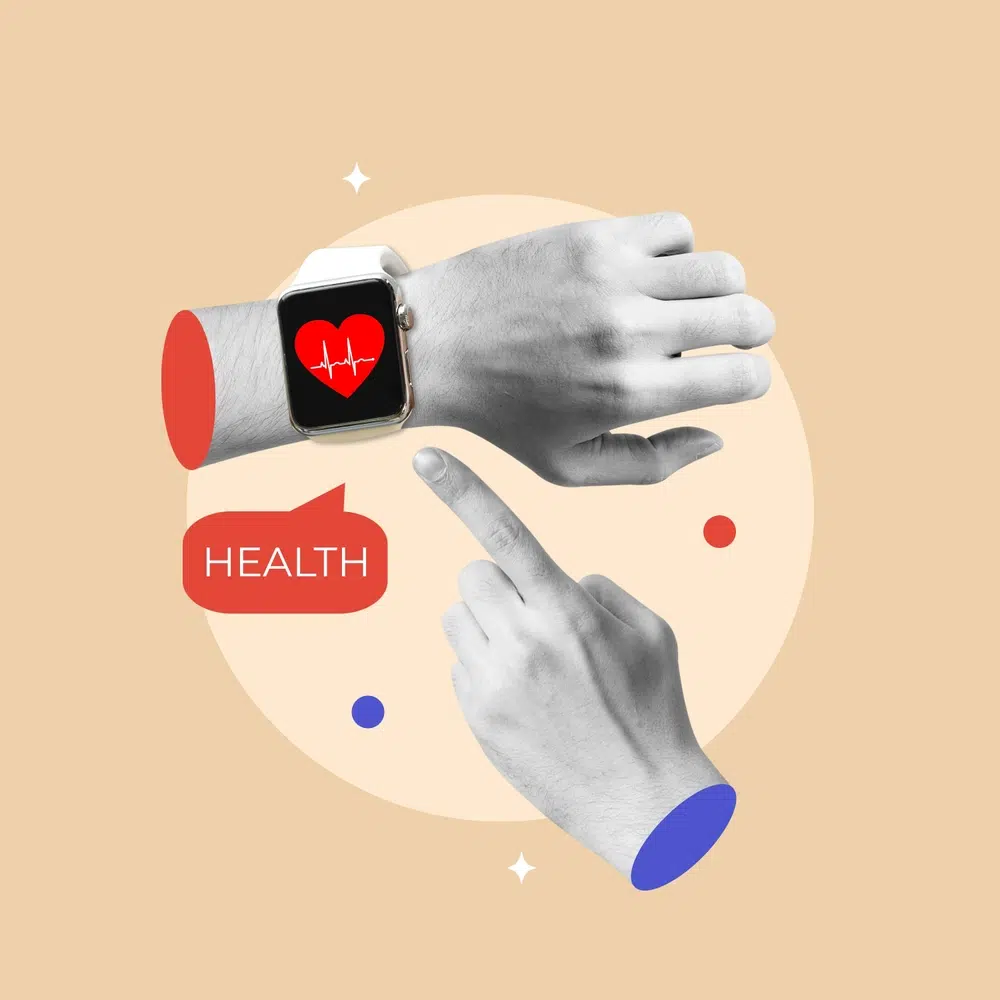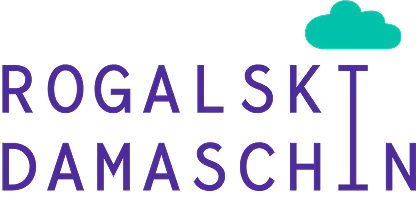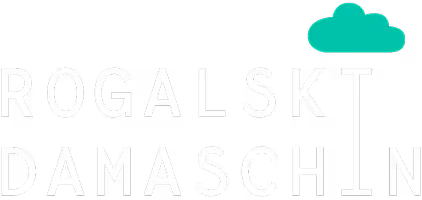The relationship between education and consumption: can a more educated consumer generate higher sales?
The relationship between education and consumption is a complex topic, involving a number of social, economic and psychological factors. Education plays a crucial role in shaping consumer behavior, influencing how they make decisions, perceive the value of products and services, and relate to the various options in the market.
Blog
Communication strategy
Content marketing
Digital marketing
Influencer marketing

The impact of education on consumption behavior. Can a more educated consumer generate higher sales?
- Education directly influences consumer behavior, transforming the way customers make decisions.
- A higher level of education leads to a more careful critical evaluation of products and services.
- Educated consumers emphasize sustainability and ethics when choosing brands.
- Innovation is more appreciated and better understood by an audience with a high level of education.
The relationship between education and consumption is a complex one, involving a number of social, economic and psychological factors. The level of education plays a crucial role in shaping consumer behavior, influencing how they make decisions, perceive the value of products and services, and relate to the various options on the market.
In this article we will analyze:
- how education influences consumption behavior,
- why educated customers are a valuable audience
- why companies need to adapt their communication strategies to this type of consumers.
How does education shape consumption behavior?
Education profoundly influences consumption behavior through several mechanisms. Educated clients tend to be more informed, more aware of the options available, and more able to make rational decisions.
Among the most obvious effects of education on consumer behavior are the development of critical evaluation capacity, a greater interest in ethical aspects, and a greater openness to innovation.
Critical assessment capacity, more developed in educated clients
As the level of education increases, consumers become more able to compare products and services available on the market, evaluate the price-quality ratio and identify characteristics that bring real value.
An educated consumer is better informed and less likely to be influenced by superficial advertisements or aggressive marketing campaigns. It does its own research on products or companies of interest, consults reviews and seeks advice before making a purchase decision.
For companies, this type of behavior represents an impulse to constantly improve the quality of products or services and the degree of transparency in the communication of their benefits.
Orientation towards sustainability and ethics, effect of consumer education
Modern education places an increasing emphasis on environmental issues, sustainability and social responsibility. Consequently, customers with a higher degree of education are more sensitive to how the products and services they purchase affect the environment and the community.
They tend to favor companies that make an ethical commitment, that seek to reduce the negative impact on the environment and respect the rights of employees.
Educated customers thus become a highly valuable target audience for companies that promote sustainable and ethical practices. They are more willing to pay more for products that reflect their values, such as organic or bio, those made from recycled materials or from fair trade.
Educated customers value innovation more
Education also fosters openness to innovation. Educated customers are more receptive to new technologies and are among the first to adopt innovations in the market. They are looking for products that offer more efficient, comfortable or more attractive solutions for their needs.
In this context, companies that constantly innovate, that invest in research and development, are more likely to attract and retain educated customers.

What opportunities and challenges do educated customers bring to companies?
More informed and critical consumers tend to be loyal to brands that live up to their expectations. At the same time, they are less willing to accept inferior products or services. Moreover, clients with a high level of education bring a whole range of opportunities, but also challenges for companies.
Companies with educated customers gain value in the long run
Educated customers tend to be loyal to companies that offer premium products and services. Once a company gains the trust of such a customer, he will remain loyal to him, even if there are cheaper alternatives. These customers are willing to pay a high price for quality and innovation, which increases profitability in the long run.
Educated consumers can become brand ambassadors
Educated customers also influence other consumers through reviews, direct recommendations or social media activity. Their capacity for critical evaluation makes their opinion weigh heavily in front of other people. An educated and satisfied customer can become a strong brand ambassador, helping to increase the visibility and credibility of the company.
Informed customers drive sustainable consumer trends
Through their preferences, educated and informed customers motivate companies to adopt greener and more ethical practices. This can lead to long-term cost savings and open up new markets for sustainable products.
Educated public has high demands
Consumers with a higher education degree have high standards regarding the quality of products and services. They are not easy to please and can become critical if they feel that they are not getting the value they expect. Therefore, companies must ensure that they maintain a consistently high level of quality and innovation.
Educated customers, resistant to traditional methods of communication
Educated audiences are less influential through traditional communication methods, like emotion-based ads or mass marketing. It prefers informative content, honest reviews and transparency. Companies are thus obliged to adapt their communication strategies to the needs and interests of this segment.

What opportunities and challenges do educated customers bring to companies?
More informed and critical consumers tend to be loyal to brands that live up to their expectations. At the same time, they are less willing to accept inferior products or services. Moreover, clients with a high level of education bring a whole range of opportunities, but also challenges for companies.
Companies with educated customers gain value in the long run
Educated customers tend to be loyal to companies that offer premium products and services. Once a company gains the trust of such a customer, he will remain loyal to him, even if there are cheaper alternatives. These customers are willing to pay a high price for quality and innovation, which increases profitability in the long run.
Educated consumers can become brand ambassadors
Educated customers also influence other consumers through reviews, direct recommendations or social media activity. Their capacity for critical evaluation makes their opinion weigh heavily in front of other people. An educated and satisfied customer can become a strong brand ambassador, helping to increase the visibility and credibility of the company.
Informed customers drive sustainable consumer trends
Through their preferences, educated and informed customers motivate companies to adopt greener and more ethical practices. This can lead to long-term cost savings and open up new markets for sustainable products.
Educated public has high demands
Consumers with a higher education degree have high standards regarding the quality of products and services. They are not easy to please and can become critical if they feel that they are not getting the value they expect. Therefore, companies must ensure that they maintain a consistently high level of quality and innovation.
Educated customers, resistant to traditional methods of communication
Educated audiences are less influential through traditional communication methods, like emotion-based ads or mass marketing. It prefers informative content, honest reviews and transparency. Companies are thus obliged to adapt their communication strategies to the needs and interests of this segment.
Effective Communication Strategies for an Educated Audience
To attract and retain educated customers, companies must adopt personalized communication strategies that reflect their needs and expectations.
An educated person values detailed and transparent information about the products and services they purchase, such as how they work and their real benefits.
Effective strategies for persuading and loyal educated consumers can be:
- Creation of educational content. Articles, guides, video tutorials or detailed reviews inform consumers and strengthen their trust.
- Publication of authentic testimonials.
- Integration of influencers perceived as experts in a particular field. They must be relevant, have an educational approach and avoid superficial promotions that can be perceived negatively by educated clients.
- Emphasis on transparency, quality, ethics and innovation. Providing clear information about the production process, sources of raw materials and environmental impact.
For companies, the value of educated customers is not only reflected in immediate sales, but also in future behaviors and their contribution to brand growth.
Ultimately, the educated customer becomes more than just a consumer: it becomes a valuable partner for the long-term success and growth of the company.
Case study: How HUAWEI WATCH D2, the smartwatch with blood pressure monitoring function, was promoted to the educated public
A concrete example of how brands communicate effectively with an educated audience is the launch of HUAWEI WATCH D2 in Romania in September 2024.
This revolutionary smartwatch is the result of a decade of R&D (R&D) efforts in blood pressure monitoring technology and three years of technological optimizations.
The device, which is medically certified and designed for outpatient monitoring of blood pressure (ABPM), represents an essential innovation especially in the context of cardiovascular disease being the leading cause of death in the European Union, according to Eurostat.
In 2020 there were 1.7 million deaths due to diseases of the circulatory system, a percentage equivalent to 32.7% of total deaths. In Romania, 1 in 2 people died from a cardiovascular disease, accounting for 52%, almost double the share in the EU.

Explanatory approach in the framework of the communication strategy
The communication strategy had a strong explanatory component, with a focus on the unique features of the product:
- dynamic blood pressure monitoring (ABPM)
- Complete health management
- a light and slim design.
The campaign addressed a category of consumers who are educated, open to innovation and receptive to new technologiesand products.
These are people who understand the need to monitor and measure health indicators, especially those connected with the symptomatology of cardiovascular diseases (blood pressure, heart rate, ECG).
The campaign included a series of video and text reviews by influencers and opinion leaders in the tech sphere. These were complemented by collaboration with physician Marius Sava, with extensive experience in diagnosing and treating respiratory conditions and sleep disorders.
He explained the functions of the watch on his own social media channels, but also in an extensive interview, published on csid.ro, one of the most important medical publications in Romania.
The reviews provided detailed information about the unique attributes and functions of the product, comparative tests with classic blood pressure measuring devices and inserts with specialists from the medical and wellbeing sphere (doctors, fitness and nutrition instructors, etc.).
Other essential questions about education and consumer behavior
- Can education shape consumer attitudes towards FinTech (financial technology)?
Yes. Educated consumers are more likely to adopt digital solutions for money management, such as investment or budget monitoring apps, looking for tools that optimize their time and resources. - Can education influence how consumers react to reviews and opinions of other customers?
Answer:Yes. Educated consumers pay more attention to detailed reviews, independent analysis and expert opinions, integrating this information into their decision-making process. - Can education generate an impact on responsible consumption and waste reduction?
Answer:Educated people tend to make more conscious choices by buying sustainable, reusable or local products, thus reducing waste.






